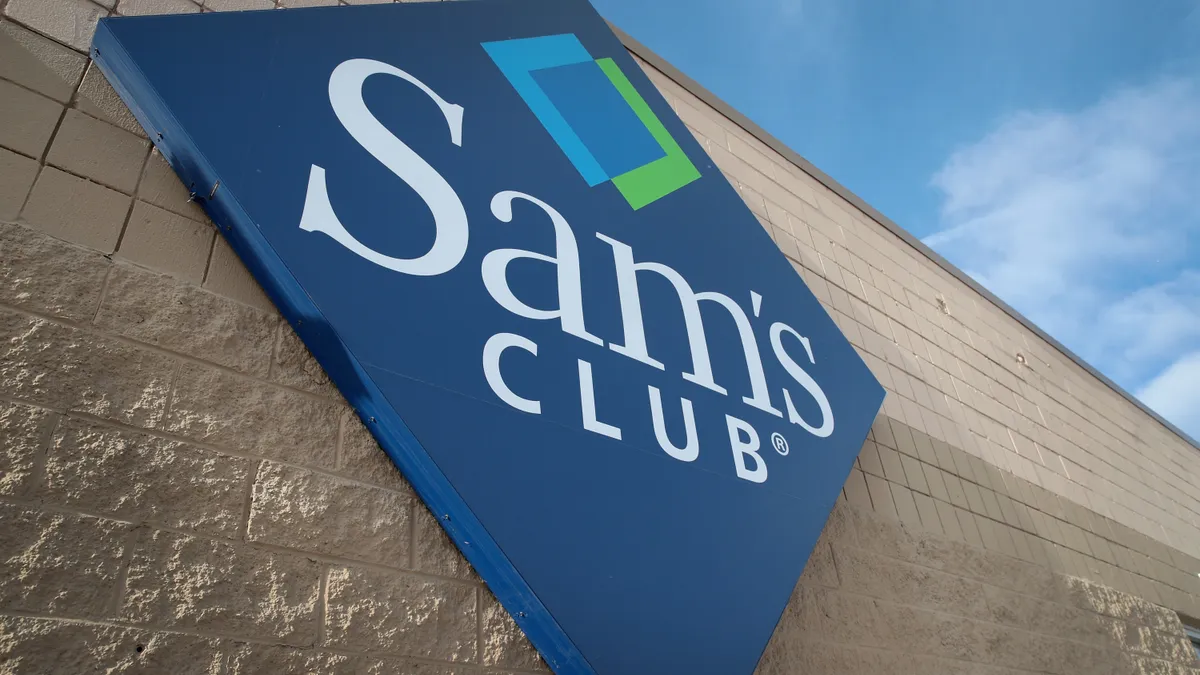The U.S. Equal Employment Opportunity Commission has received "troubling accounts" of workplace harassment and discrimination perpetrated against members of Asian American and Pacific Islander communities in the wake of the coronavirus pandemic, Chair Charlotte Burrows told attendees of a May 20 EEOC webinar.
Burrows said EEOC aims to use "all of the tools in the agency's tool box" to combat the problem, which has not been limited to U.S. workplaces. According to a report analyzing hate incidents reported between March 2020 and March 2021 by victims to the organization Stop AAPI Hate, 8.5% of incidents were civil rights violations that occurred in workplaces or resulted in other violations, such as refusal of service or being barred from transportation.
Following the March 16 shootings in Atlanta, EEOC issued a resolution condemning violence against persons who identify as part of Asian American and Pacific Islander communities. EEOC intends to make good on its condemnation: "We know that while words matter, they must be followed by actions," Burrows said at the webinar.
In particular, the agency is pursuing lawsuits against employers that discriminate against members of these communities, she noted. Last week, EEOC secured a $4.8 million recovery in a lawsuit brought against Maui Pineapple and labor contractor Global Horizons. It alleged the firms were liable for national origin and race discrimination against Thai workers who, EEOC said, were subject to physical violence; threats of both deportation and arrests; and poor housing conditions.
"Our success in cases like this is significant not just because of the substantial remedies for the victims, but because they send an important message that although the EEOC tries to resolve charges when we can without litigation, we will not hesitate to stop and remedy unlawful discrimination by going to court when necessary," Burrows said.
EEOC also will prioritize improving the language access capabilities to account for the diverse needs of Asian American and Pacific Islander communities, whose members consist of more than 40 ethnic groups and speak more than 100 languages, Burrows said. That includes language accessibility on the agency's websites, translation services during intake calls and interviews as well as technical assistance documents that explain how to contact EEOC and file charges.
The agency's efforts are part of a broader push by the Biden administration to address issues of systemic racism. The president signed into law Thursday the COVID-19 Hate Crimes Act, which orders the U.S. Department of Justice to conduct an expedited review of hate crimes and orders both DOJ and the U.S. Department of Health and Human Services to issue guidance raising awareness of hate crimes during the pandemic.
Speakers offer guidance to employers
Panelists at the May 20 webinar offered personal perspectives on the experiences of Asian American and Pacific Islander communities as well as advice to employers on harassment policies and prevention.
"The key is leadership," said Jacinta Ma, director of the EEOC's Office of Communications and Legislative Affairs, who noted the importance of receiving buy-in and messaging from leaders at the top of the organization in creating cultures of openness and empathy. Employers also can set policies that assure employees who report harassment that the organization will protect their confidentiality, will not retaliate against them and will investigate claims of harassment thoroughly, Ma said.
In building workplace allyship, "the most important tool is listening," said Justin Lock, special assistant for Asian American Pacific Islander issues at the DOJ's Community Relations Service in San Francisco. Organizations, he noted, need to be attuned to workers' needs and what actions they would like to see taken in the workplace.
Robin Toma, executive director of the Los Angeles County Commission on Human Relations, noted that though violence and harassment has been perpetrated against Asian American and Pacific Islander communities during the pandemic, "we saw that anti-Asian hate increasing in L.A. County before the pandemic hit. So I don't think it's a good idea to assume that when the pandemic goes away, anti-Asian hate will suddenly disappear."
There is also evidence that many instances of harassment and violence go unreported, Toma said, and despite the different countries and ethnic identities present in Asian American and Pacific Islander communities, "for many of the assailants of perpetrators of hate, they are just going to see you as the person who is responsible … that's the kind of blunt instrument that hate can be."
Increased violence and discrimination "is a troubling reminder of the challenges we face as a nation," Burrows said, but she also noted signs of a positive response to such challenges. For example, one-third of Asian adults in an April Pew Research survey said that someone had expressed support for them because of their race or ethnicity since the pandemic began.
"People of goodwill all over this country have been quietly getting to work," Burrows said. "They're taking seriously our collective responsibility to make this a more just society."





















